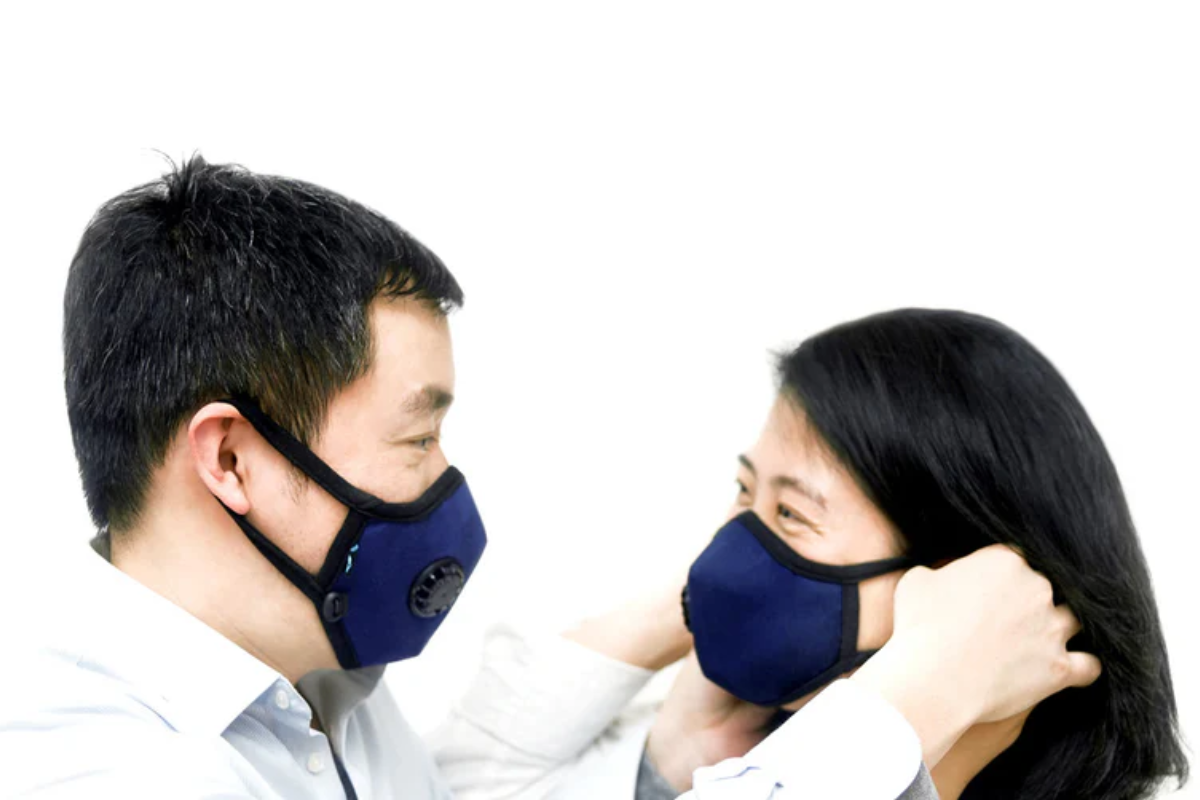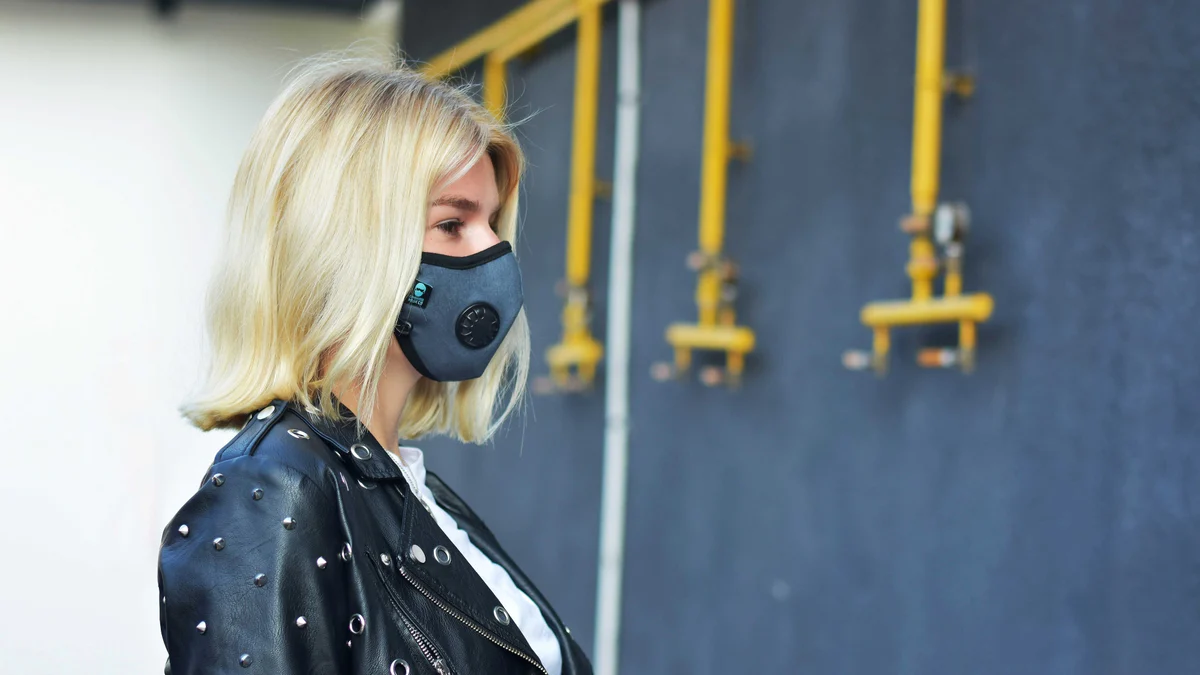
Understanding the Differences: Face Covering vs. Face Mask
In today's world, wearing some form of facial protection has become a routine part of life. But when it comes to choosing the right type of protection, many people are left wondering: what is the difference between a face covering and a face mask? In this blog, we’ll delve into the definitions, uses, and benefits of both, and highlight why Cambridge Mask stands out as a trusted leader in the face mask industry.
What is Considered a Face Covering?
A face covering is a broad term that encompasses any material used to cover the nose and mouth. This category is quite diverse and includes:
- Homemade Cloth Masks: Crafted from various fabrics, these are often made from cotton or a blend of materials. They can be as simple as a single layer of fabric or more complex, featuring multiple layers and even pockets for filter inserts. While they do not offer the same level of protection as medical-grade masks, they provide a basic barrier that can help reduce the spread of respiratory droplets.
- Bandanas and Scarves: These can be tied around the face to serve as a temporary solution. While not designed specifically for this purpose, they can be used in a pinch to cover the mouth and nose. However, their loose fit and single layer of fabric make them less effective compared to more structured face coverings.
- Neck Gaiters: Typically used by athletes, these are made from stretchy fabric and can be pulled up to cover the face. Neck gaiters are versatile and can be used as face coverings, headbands, or even scarves. However, like bandanas and scarves, their effectiveness varies depending on the material and number of layers.
- Face Shields: Although not a covering in the traditional sense, face shields provide a barrier that protects the eyes and face. They are usually used in conjunction with masks for added protection, particularly in healthcare settings. Face shields alone are not recommended as a substitute for masks because they do not effectively contain respiratory droplets.
What is a Face Mask?
A face mask is a more specific type of facial protection designed to provide a higher level of filtration and safety. There are different types of face masks, each serving unique purposes and providing varying levels of protection:
- Surgical Masks: These are disposable masks typically used by healthcare professionals. They provide a basic level of protection against large respiratory droplets. Surgical masks are made of non-woven fabric and have three layers: an outer hydrophobic layer, a middle melt-blown layer for filtration, and an inner hydrophilic layer to absorb moisture. While they are effective at blocking larger particles, they are not designed to filter out smaller airborne particles.
- N95 Respirators: These masks offer a higher level of filtration and are capable of filtering out at least 95% of airborne particles. N95 respirators are designed to achieve a close facial fit and very efficient filtration of airborne particles. They are commonly used in healthcare settings where exposure to hazardous particles is a risk. However, they require proper fitting to be effective and are generally recommended for professional use.
- Reusable Masks: Often made from multiple layers of fabric, these masks can include additional filtration layers to increase their effectiveness. Brands like Cambridge Mask have set the standard in this category with their advanced technology and design. Reusable masks are designed to be washed and worn multiple times, making them a more sustainable option compared to disposable masks.
Why Are Face Masks and Face Coverings Used?

Face masks and coverings serve multiple purposes and their usage has become a crucial part of public health strategies, especially during pandemics like COVID-19:
- Preventing the Spread of Illness: By covering the nose and mouth, they help reduce the transmission of respiratory droplets, which are the primary means by which viruses like COVID-19 spread. When an infected person talks, coughs, or sneezes, they release droplets into the air, which can then be inhaled by others. Face coverings and masks act as a barrier, trapping these droplets and reducing the risk of transmission.
- Protection for the Wearer: Certain masks, especially those with advanced filtration like N95s and high-quality reusable masks, can protect the wearer from inhaling harmful particles. This includes not only viruses but also bacteria, allergens, and pollutants. High-filtration masks are particularly important in environments where exposure to these particles is high, such as healthcare settings or areas with significant air pollution.
- Public Health: Widespread use of face coverings can significantly reduce community transmission of viruses. When a large proportion of the population wears masks, it creates a collective barrier that lowers the overall viral load in the community, thereby reducing the likelihood of outbreaks. This communal effort helps protect vulnerable populations, including the elderly and those with underlying health conditions.
What Are the Benefits of Wearing a Face Mask?
Wearing a face mask, particularly a high-quality one, offers several benefits that extend beyond the immediate protection from pathogens:
- Enhanced Filtration: Masks like the Cambridge Mask provide superior filtration of airborne particles, including pollutants, allergens, and pathogens. The advanced technology used in these masks can filter out nearly 100% of harmful particles, offering robust protection.
- Comfort and Fit: A well-designed mask fits snugly and comfortably, encouraging consistent use. Comfort is crucial for prolonged wear, and features like adjustable ear loops, nose wires, and breathable materials make a significant difference. Masks that are uncomfortable or poorly fitting are less likely to be worn correctly and consistently.
- Reusable and Sustainable: High-quality masks are often reusable, reducing waste and the need for constant replacements. Reusable masks are environmentally friendly and cost-effective in the long run, as they can be washed and worn multiple times without losing effectiveness.
- Peace of Mind: Knowing that you have a reliable layer of protection can reduce exposure anxiety, especially in crowded or high-risk areas. This psychological benefit is important, as it helps individuals feel more secure and reduces the stress associated with potential exposure to pathogens.
Why is Cambridge Mask a Trusted and Leading Brand of Face Masks?

Cambridge Mask has earned its reputation as a leading brand due to several key factors:
- Advanced Filtration Technology: Cambridge Mask uses military-grade filtration technology, capable of filtering out nearly 100% of viruses, bacteria, and air pollutants. Their masks feature a triple-layer construction, with each layer serving a specific purpose. The outer layer blocks large particles and droplets, the middle layer filters out smaller particles, and the inner layer absorbs moisture and ensures comfort.
- Quality and Durability: Made from high-quality materials, these masks are designed to be both effective and long-lasting. Cambridge Masks are crafted with precision, using durable fabrics that withstand multiple washes while maintaining their protective qualities.
- Comfort and Design: With adjustable ear loops and a snug fit, Cambridge Masks are comfortable for extended wear, making them ideal for everyday use. The ergonomic design ensures a secure fit that minimizes gaps, which is crucial for effective filtration. Additionally, the masks come in various sizes and styles, catering to different preferences and needs.
- Certification and Testing: Cambridge Masks meet rigorous testing standards and certifications, ensuring they provide the highest level of protection. These masks are tested by reputable laboratories to verify their filtration efficiency and breathability. They comply with international standards, providing users with confidence in their protective capabilities.
- Sustainability: The reusable nature of Cambridge Masks means they are a more sustainable option compared to disposable masks, aligning with environmentally conscious values. By choosing a reusable mask, individuals can contribute to reducing waste and minimizing their environmental footprint.
Conclusion
Choosing between a face covering and a face mask depends on your needs and the level of protection you seek. While face coverings provide a basic level of protection and are widely accessible face masks, particularly those from reputable brands like Cambridge Mask, offer enhanced filtration and comfort. Whether you are seeking to protect yourself from pollution, allergens, or viruses, investing in a high-quality face mask is a wise decision for your health and peace of mind.
By understanding the differences and benefits of each option, you can make an informed choice that best suits your lifestyle and safety needs. Remember, in the quest for better health and protection, the right face mask can make all the difference.
In an era where respiratory health is paramount, ensuring you have reliable protection is essential. Cambridge Mask stands out not just for its superior technology and quality but also for its commitment to sustainability and user comfort. Make the smart choice for your health and the environment—opt for a Cambridge Mask and breathe easy knowing you're well-protected.


